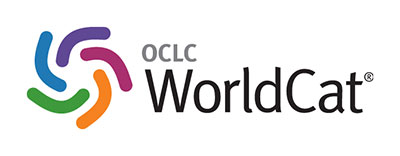Kurikulum Nasional yang Berbasis Kompetensi Perguruan Tinggi dengan Mengacu pada Kerangka Kualifikasi Nasional Indonesia (KKNI) Untuk Menghasilkan Kualitas Manusia yang Kompeten
DOI:
https://doi.org/10.28932/di.v7i1.709Keywords:
human resources, college, graduate, competency-based curriculum, KKNIAbstract
Human resource needs, especially in the economy is the main source to sustain a nation. Human resources are created in a competent workforce and quality into its own competitiveness. Indonesian nation will enter the ASEAN Economic Community (AEC) will need to create a competent human resources. College as one of the graduates are ready to use in the workplace. One key factor is the quality of college graduates through the curriculum. Competency-based national curriculum with reference to national qualifications frameworks Indonesia will generate human resources in Indonesia are competent and competitive.Downloads
Download data is not yet available.
Downloads
Published
2017-05-05
How to Cite
Basani, C. S. (2017). Kurikulum Nasional yang Berbasis Kompetensi Perguruan Tinggi dengan Mengacu pada Kerangka Kualifikasi Nasional Indonesia (KKNI) Untuk Menghasilkan Kualitas Manusia yang Kompeten. Dialogia Iuridica, 7(1), 56–66. https://doi.org/10.28932/di.v7i1.709
Issue
Section
Articles












